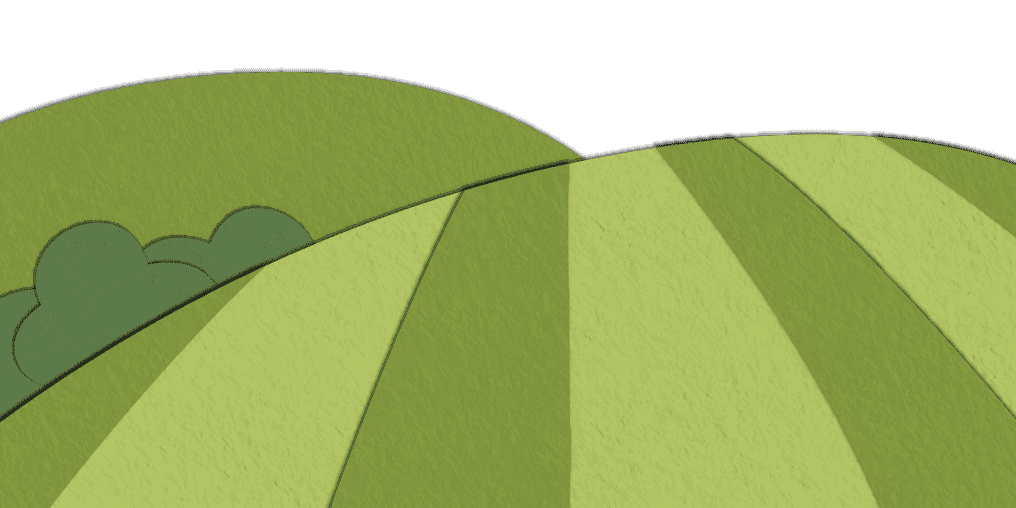England’s Ban On Single-Use Plastic Items: A Good Start
![ABP-Single-Use-Plastic[1] ABP-Single-Use-Plastic[1]](https://b1676921.smushcdn.com/1676921/wp-content/uploads/2020/10/ABP-Single-Use-Plastic1.webp?lossy=1&strip=1&webp=1)
Since 1 October 2020 businesses in England can no longer supply single-use straws, cotton buds and drink stirrers to end-users (the ones who actually use the product). The change is designed to address the devastating impact that single-use plastics are having on our environment. There’s no denying this is a step in the right direction. But with so many other forms of plastic wreaking havoc on our planet right now, we need to do more. And quickly.
The ban: key facts
- It includes all businesses that sell the products, including manufacturers and retailers
- Businesses that don’t stop selling or supplying them will face a fine set by the relevant local authority
- Businesses can still supply or sell leftover supplies until April 1, providing that they were bought before 1 October
- There are some exemptions to the ban on supplying plastic straws, so that disabled people or those with accessibility needs can still use them. This includes registered pharmacies, catering establishments, care homes, prisons and schools.
Where we need to go further
The removal of straws, cotton buds and drink stirrers will certainly reduce our plastic output. However, plastics come in many other forms that will continue to destroy our environment if we don’t control them. Here are a couple of examples:
- Larger plastics, like bottles, are produced in astonishing quantities. In the UK alone, 7.7 billion plastic bottles are used every year, which amounts to 150 per person. Of these, 79% end up in landfill or in our oceans, where they each take over 400 years to decompose.
- Microplastics are all forms of plastic less than 5mm in length. Primary microplastics are released directly into the environment as small particles through the laundering of synthetic clothing or the abrasion of car tyres through driving, amongst other things. Secondary microplastics result from the breakdown of larger items, like water bottles. All microplastics are mainly carried into our oceans by storms, water runoff and winds. We do not yet understand the impact these are having on human and animal health.
Why we need to go further
Each year, eight million tonnes of plastic enters the world’s oceans. If current trends continue, our oceans could contain more plastic than fish by 2050.
Some sea animals get entangled in it, causing them to suffocate or drown. Others eat it, mistaking it for food. Because they’re unable to digest the plastic, it sits in their stomach so they have no room left for real food and they starve. And because it’s in the fish, it finds its way onto our plates, too.
To add to this, the plastic accumulates on the ocean’s surface, creating hideous ‘garbage patches’ that ruin the planet’s natural beauty:

What more we can do
In a previous blog, we covered various ways you can reduce your personal reliance on plastics. Read that for some solid tips you can start applying straight away or read more about plastic pollution statistics and facts here. Individual actions make a vital contribution to managing plastic waste.
However, the hard truth is that cutting down on and recycling plastics won’t be enough on its own. In reality, the size and scale of the challenge means systemic change is needed to tackle it. In other words, we need firm action from governments and corporations to really turn the tide on plastic pollution. This could be:
- new policies that force companies to change their business models
- budgets for innovation and improvement in waste management infrastructure and better recycling technology
But systemic change demands your involvement (yes, yours). You can:
- boycott companies that overuse plastic
- write to your MP to voice your concerns
- sign petitions and attend protests
You might feel overwhelmed by the scale of the challenge that plastic pollution poses to us. That’s understandable, because whilst your power as an individual to turn the tide on plastic pollution is significant, it is limited. Therefore, we must join up to demand change at the highest level – because individuals coming together to form one collective, unified voice demanding change is deafening.
The Plastic Pollution Bill
Friends of the Earth, along with various other organisations, are currently lobbying for the introduction of the Plastic Pollution Bill. If passed, it would commit this and future governments to stopping the flow of plastics into our waterways and oceans. It has the support of over 20 MPs and 325,000 signatures and counting. This is a great example of people working together to demand systemic change at the highest levels, and it’s something you can get involved in.
Working with us, for a better planet
If you’re involved in an initiative to reduce the impact of plastic pollution, or any other initiative to improve the health of our planet, we at A Better Planet would love to help you spread your message. Don’t hesitate to get in touch.



